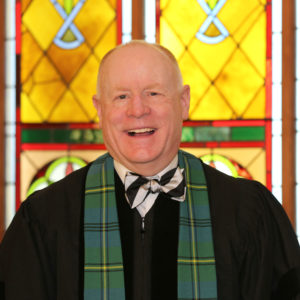Weeds of Time
by Charlie Smith
Outside of Munich, Germany, is the site of the Nazi concentration camp in Dachau. A visit there is an emotional experience; now run by Carmelite nuns, who maintain a chapel there, you are left with an overwhelming sense of sadness and a resolve that humanity must never again allow such evil. Dachau is contemplative, prayerful – and pristine. Not a weed in sight among the lush grounds. Yet many embarrassed locals would qualify Dachau’s existence as a blight – a weed, if you will – on present-day Germany, a harsh reminder of something they would wish to be allowed to forget and move on.
The contrast was stark if you happened a generation ago upon the Buchenwald concentration camp, outside of Weimar in the former East Germany. Maintained by the Soviets to imprison political foes after World War Two, it was a jarring monument to propaganda, extolling the glories of socialism versus the evils of the West. It also, by the time of German unification, had been left to rot and was in terrible shape, weed-infested and poorly maintained. If the message of Dachau was “Never Again!” you got the distinct impression that those who oversaw Buchenwald wouldn’t have been sorry to see history repeat itself.
The weeds of Buchenwald and the idea of Dachau as a weed in the carefully cultivated image of today’s unified Germany are reminders of the ways that the same image is used in the Christian Bible, including a parable told by Jesus in the Gospels. The hopeful message is that even weeds –or, allegorically, people deemed “weeds” – have a redeemable purpose. It’s an encouragement to live with patience in life’s weedy, messy ambiguity.
Without getting too lost in the weeds, let me suggest that too often we afford the same lack of value in our own words and conversations as we do weeds; throwaway lines tossed out with little value. And, yet, what we say matters, sometimes in unexpected ways.
Soon after the fall of the Berlin Wall, when democracy came to Czechoslovakia and Eastern Europe and Communist governments were ousted, the first thing the Czechs wanted to do was to set the record straight – and to celebrate! I and some Radio Free Europe colleagues drove from Munich to Plzen for a festive, celebratory, joyous day to simply thank America.
And amid all the celebration, at a local restaurant, upon hearing our English (and American) accents, a burly waitress, used to carrying a half dozen two-liter beer steins, stopped at our table and tearfully hugged each of us. She recounted how she and her family had huddled beneath blankets, in darkness, in their basement, listening to Radio Free Europe during the coldest days of the Cold War, seeking words of truth in their authoritarian countries, where censorship was the rule. “You were the difference between life and death for me,” she said.
As the moderator of the Oklahoma City Rotary Club 29 Newsletter Committee, I claim no conceit that my humble contributions in a Reflections newsletter will be anything other than weeds in the wide tableau of life. Yet my hope and prayer are that I, and the other volunteers comprising a talented stable of dedicated writers who contribute articles over this next year will somehow plant a seed (or weed), inspire a thought, spark a memory for those who take time to read. (And thanks for that time.)

